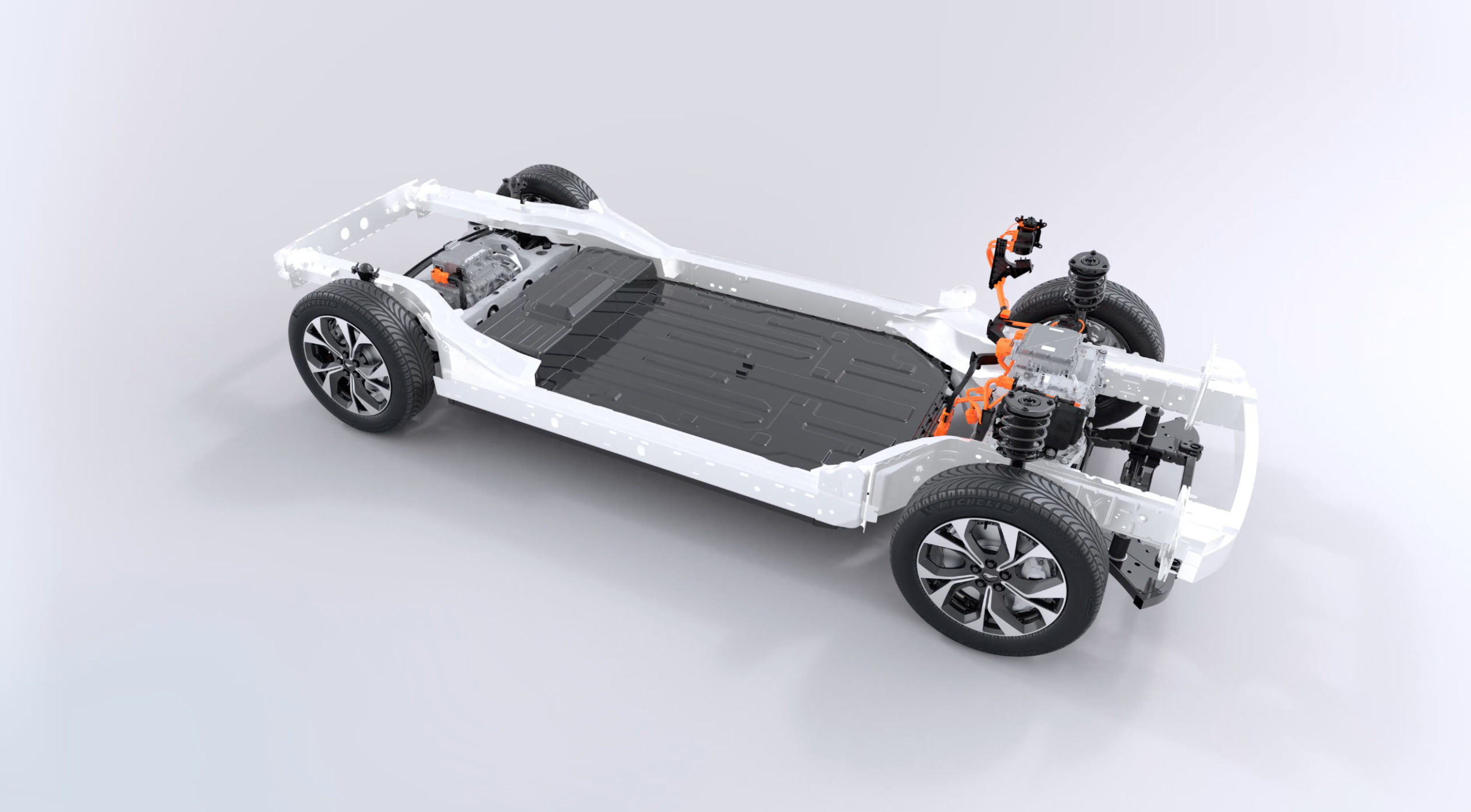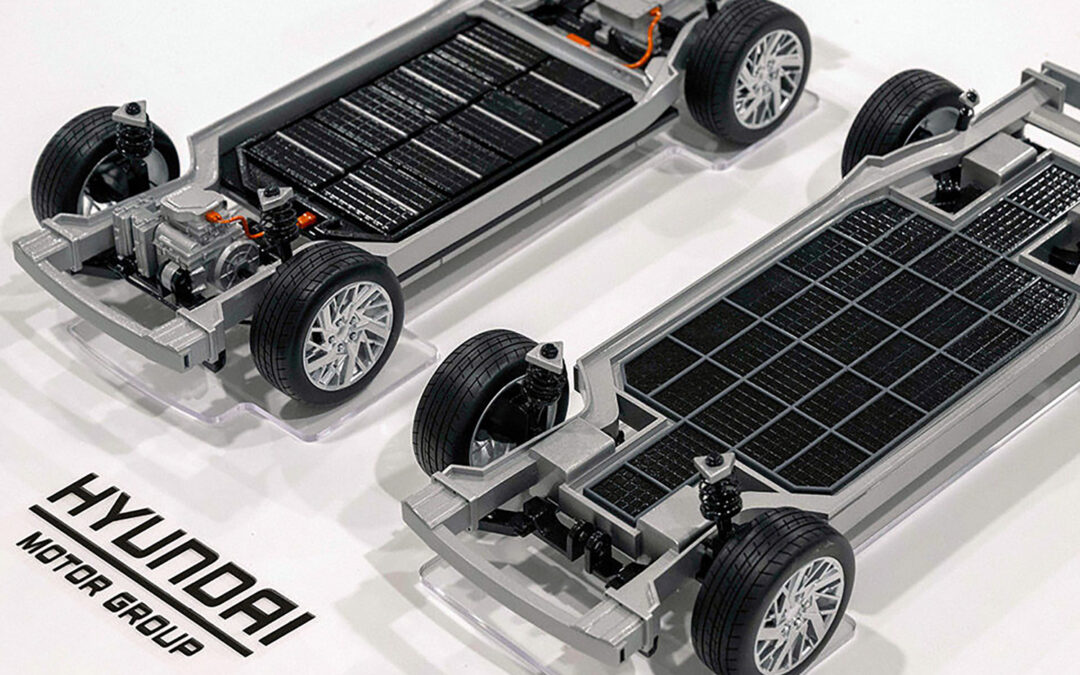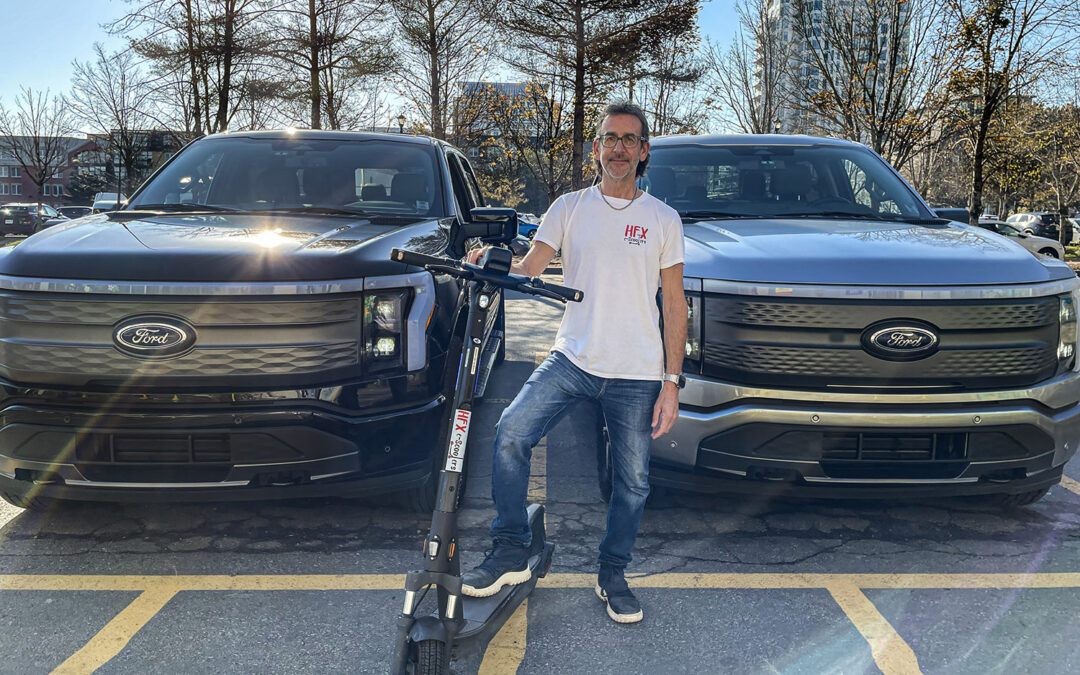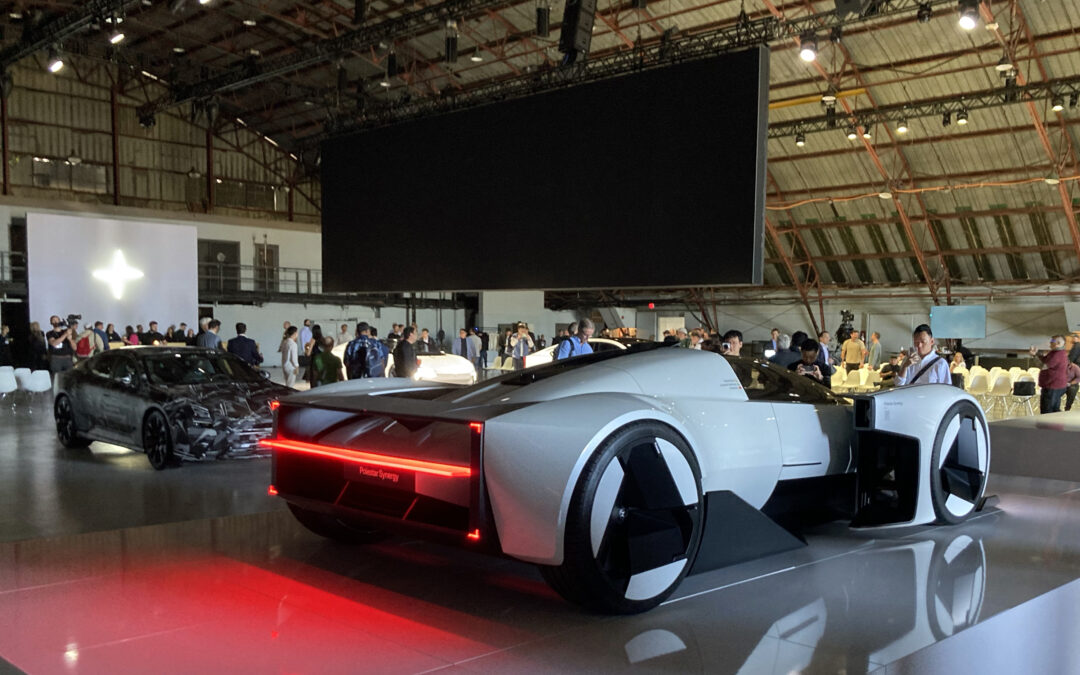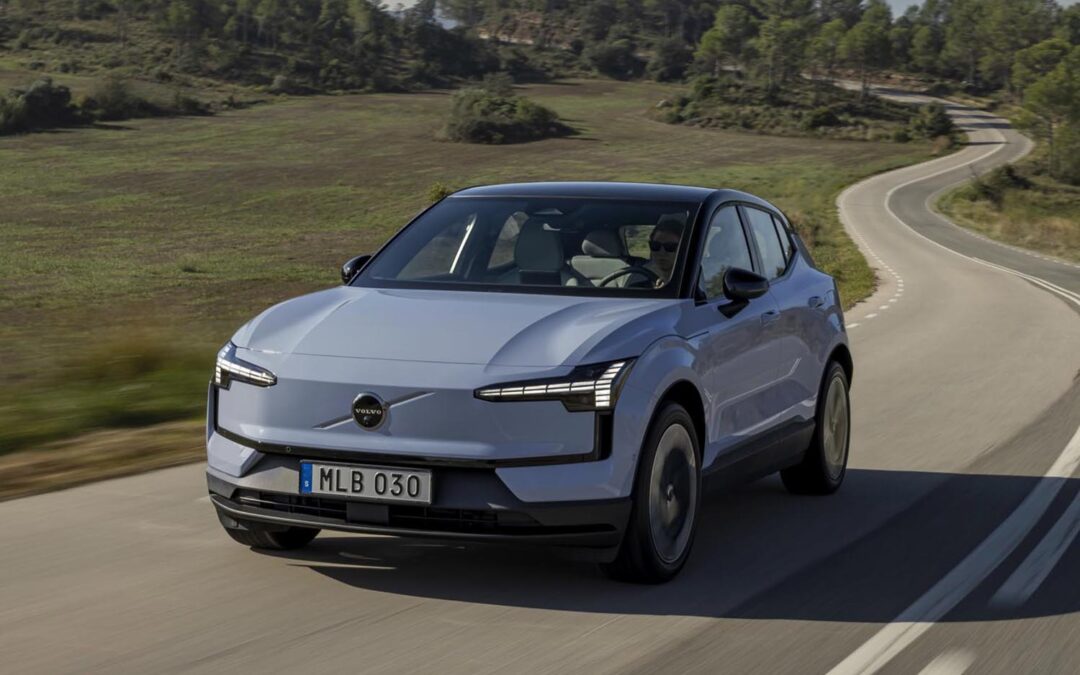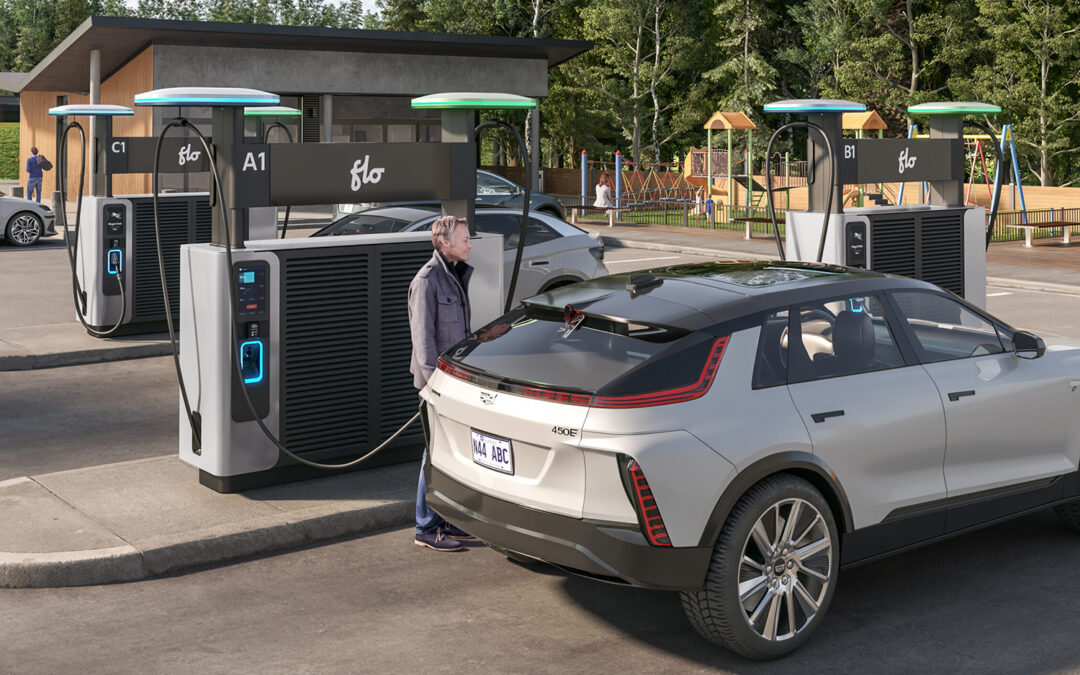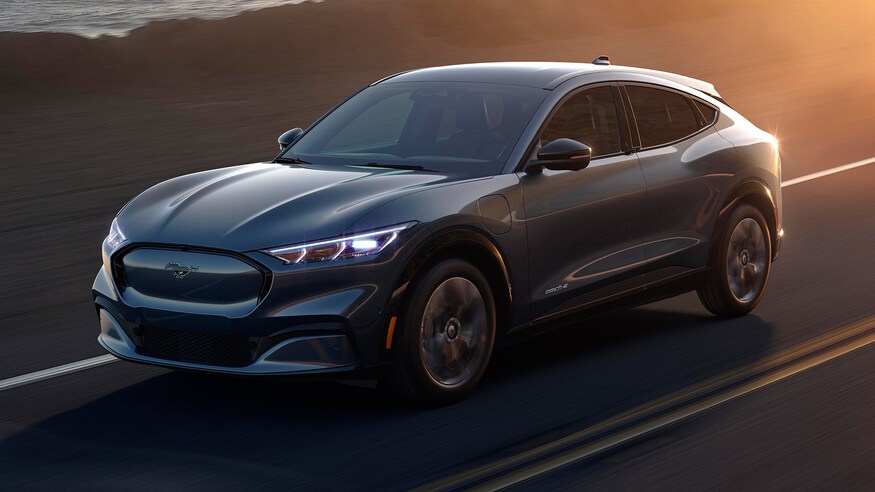Ford has announced it will offer customers a lower-cost, lower-range battery on its Mustang Mach-E standard range model in the spring, with the F-150 Lightning following suit next year. While the extended-range models will continue to use a nickel cobalt manganese (NCM) chemistry, the standard range will now get lithium iron phosphate cells (LIP).
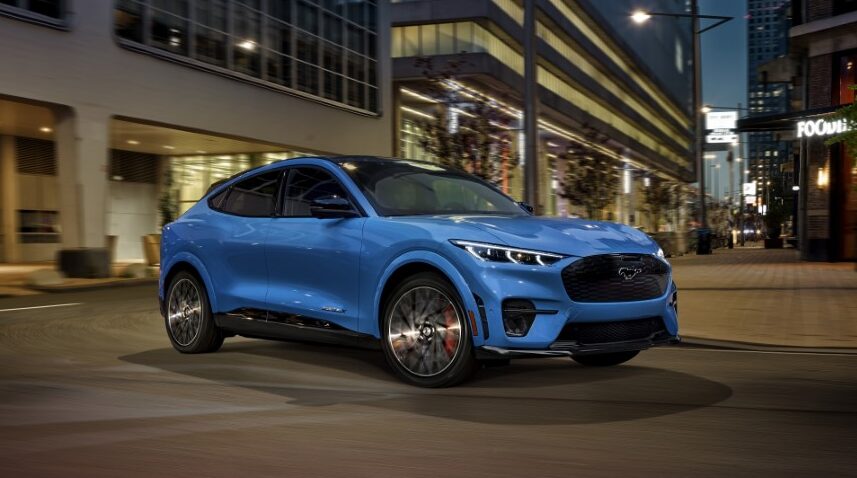
While lithium iron phosphate has a lower power capacity, it is more durable and can be charged more quickly, which Ford says is better for owners who use their vehicles for day-to-day driving, as well as fleet operators. The nickel cobalt manganese, which is more energy dense, is best for drivers who routinely travel longer distances or need towing capacity.
LIP batteries can be up to 30 to 40 per cent less expensive than NCM batteries, as the materials needed to produce them are more readily available around the world. Ford officials, however, declined to say how much range the LIP batteries will have in the vehicles.
While the initial LIP batteries will be supplied by Contemporary Amperex Technology Co., Ford plans to build a US$3.5 billion battery plant in Michigan by 2026 that will employ 2,500 workers and have the capacity to build 35 gigawatt-hours of LIP cells a year, enough to power about 400,000 electric vehicles.
